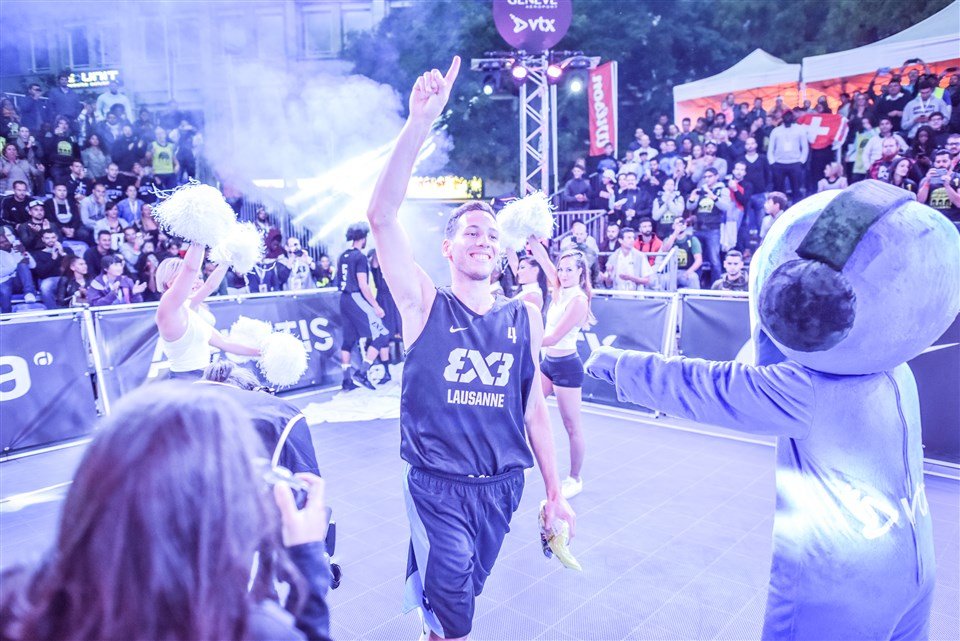By Henry L. Liao
Strange things do happen.
In October 1978, the United States brought 12 players to the 8th World Basketball Championship (renamed as FIBA World Cup since 2014 in Spain) in Manila.
By the time, it landed on Philippine soil, the American team was reduced to just 11 men.
One American player was an ex-professional who had already suited up in the National Basketball Association. At the time, the WBC was an amateur international competition sanctioned by International Amateur Basketball Federation (FIBA).
It was only in 1989 that the FIBA instituted an open-basketball policy that subsequently allowed pros to suit up in international tournaments such as the Summer Olympics and World Basketball Championship.
Obviously, the leadership of USA Basketball at the time did not do the homework. (It was the era before Jerry Colangelo came in the summer of 2005 as its managing director before eventually handing the post to former NBA star Grant Henry Hill, who has been a minority owner and executive with the Atlanta Hawks since June 2015 and was inducted into the Naismith Memorial Basketball Hall of Fame in 2018, after the Tokyo Olympics.)

The player is Larry O. Johnson. No, he’s not the “Grandmama” Larry Demetric Johnson, a bulky 6-7 forward who was named the NBA’s Rookie of the Year with the Charlotte Hornets in 1992 and later also saw action with the New York Knicks across 10 seasons (1991-2001) in the majors. He got the moniker because of a popular series of commercials for Converse, which had inked Johnson to an endorsement contract when he joined the NBA.
This LJ came much, much earlier in the NBA. He was a 6-3 shooting guard out of the University of Kentucky from 1973-77. Taken by the Buffalo Braves (the predecessors of the Los Angeles Clippers) in the second round of the 1977 NBA draft – the No. 24 pick overall – Johnson, who turns 67 in November, played just four games with the Braves and averaged 1.5 points, 1.8 assists and 1.3 rebounds every time out. He later sought employment overseas, notably spending a lot of time in Japan (1979-89).
This Johnson became the center of controversy as soon as the Americans landed in the Philippines.
Not knowing the circumstances of his playing ineligibility, Johnson admitted in a media interview that he once suited up for the Braves. He made the false claim that he was a “top rookie.”
Before the night of Johnson’s arrival was over, Bill Wall, the executive director of the Amateur Basketball Association of the United States (ABA/USA – the forerunner of USA Basketball), sacked him in a statement he gave to wire reporters from Taipei.
“We are dropping him from the lineup. We made a very serious mistake when we chose him for the team since we didn’t know he played for the Braves in a regular (NBA) season.”
Under FIBA rules (at the time), an ex-pro can only play on a club-level team but not for a national team.
Borislav Stankovic, then the FIBA secretary-general, was ready to conduct a full-blown investigation into what some quarters thought was cheating on the part of the Americans. However, Wall’s decision to sack Johnson and send him home immediately settled the issue.
The United States team, some of whose members were from the Athletes In Action, finished in fifth place with a 6-4 record overall.
Fourteen teams took part in the quadrennial competitions.
Yugoslavia grabbed the gold medal, edging the old Soviet Union, 82-81, in overtime behind tournament MVP Drazen Dalipagic. Brazil nosed out Italy, 86-85, for the bronze medal.
The Philippines was automatically seeded into the eight-team championship round. Made up of purely amateur players (with the advent of the PBA in April 1975), the Filipinos ranked eighth overall, losing all of their eight assignments, including the 7th-8th classification game.
Members of the PH team were Alejandro Clarino, Stephen Watson, Eduardo Merced, Federico Israel Jr., Ramon Cruz, Federico Lauchengco, Bernardo Carpio, Nathaniel Castillo, Gregorio Gozum Jr., Leopoldo Herrera, Cesar Yabut and Cesar Teodoro. The head coach was the late Nicanor Jorge.
For the record, the Philippines was defeated by an average of 31.4 points per game, losing to Yugoslavia (117-101), Soviet Union (110-63), Brazil (119-72), Italy (112-75), Australia (97-52), Canada (99-88) and the United States (100-70) in the top-eight phase and dropping a 92-74 decision to Australia in the 7th-8th classification game where Ramon Cruz topped the Pinoys with 14 points.
- Luka Doncic tops fans but trails peers in NBA All-Star voting shocker - January 22, 2026
- 2026 NBA All-Star Game set for Intuit Dome with three-team format - January 22, 2026
- LeBron James’ limited availability puts All-Star hopes in question - January 22, 2026




![Kai Sotto [FIBA.com photo]](https://sportsbytes.com.ph/wp-content/uploads/2021/01/4622.jpg)